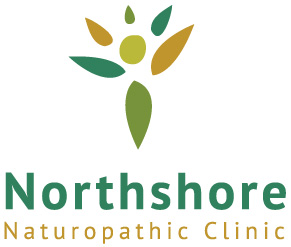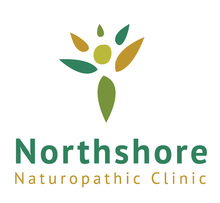By Dr. Matsen/Irene hayton
Eggs are an excellent source of high-quality protein (found in the whites of the egg) as well as other nutrients such as omega-3 fatty acids, selenium, iodine, vitamins A, B2, B5, B12, D and E, folate, betaine, and choline (essential for normal function of all cells). Egg yolks contain lutein and zeaxanthin, important nutrients for eye health, as well as all the fat that’s in the egg. Contrary to popular belief, eggs do not affect cholesterol levels. Research studies have shown that consuming eggs does not increase cholesterol or triglyceride levels, nor does it increase the risk of heart disease.
The best types of eggs to buy are organic free-range—the chickens are allowed to forage freely outdoors and consume their natural diet. Commercially farmed eggs are typically from chickens that spend a very limited amount of time outside and are fed a diet of soy, corn, cottonseed, and additives. Organic free-range eggs are more expensive but are far healthier because they contain more nutrients than commercially farmed eggs, so they are worth the extra cost.
Because egg yolks contain fat, it’s best not to overcook them (frying, hard-boiling, etc.) to avoid oxidizing the cholesterol in the yolk. Instead, eat them soft-boiled, poached, or basted so that the yolks are still soft. Otherwise, use only the egg whites (discard the yolks) when making dishes in which the eggs are cooked more, such as hard-boiled eggs (egg salad), baked eggs, omelets, scrambled eggs, frittatas, etc.


